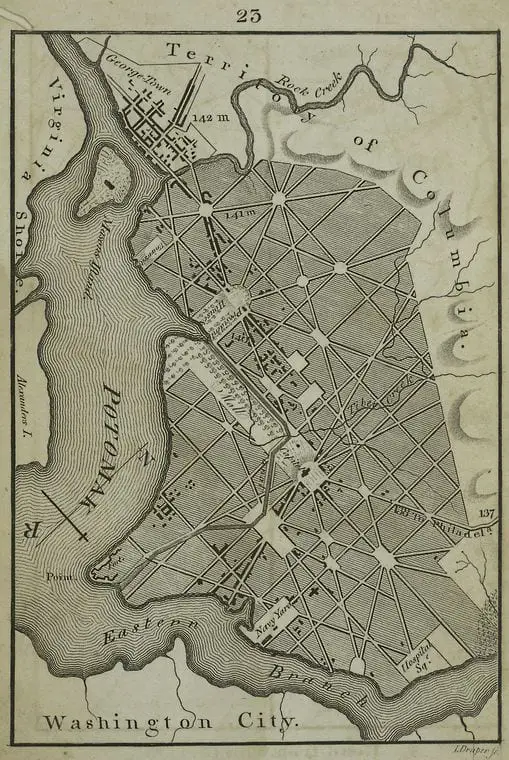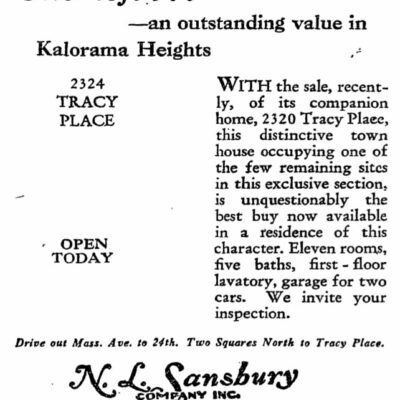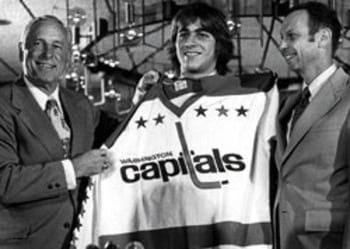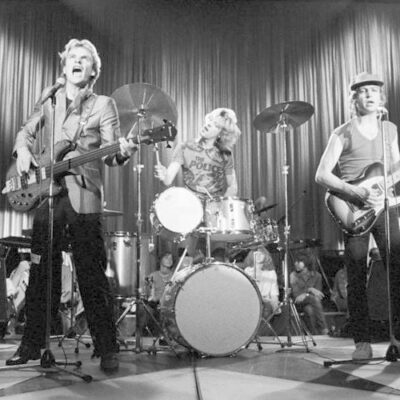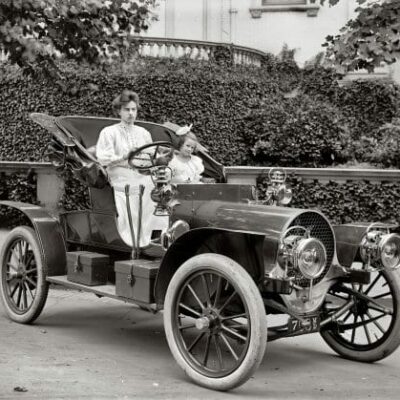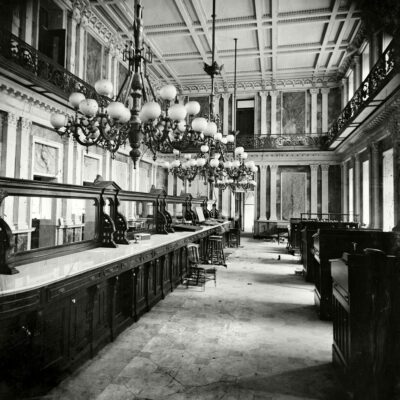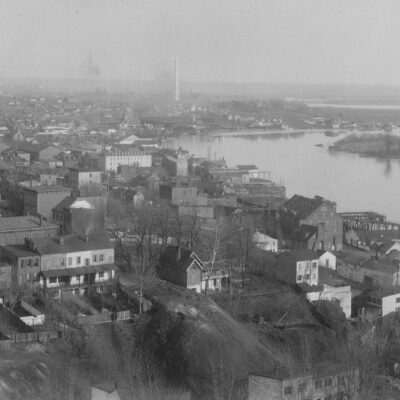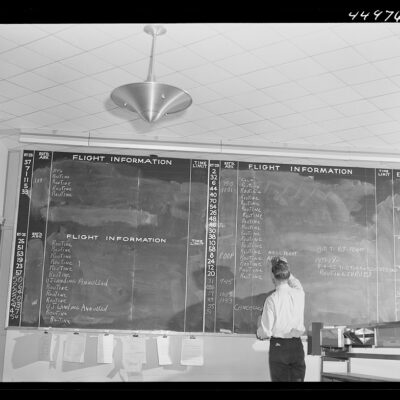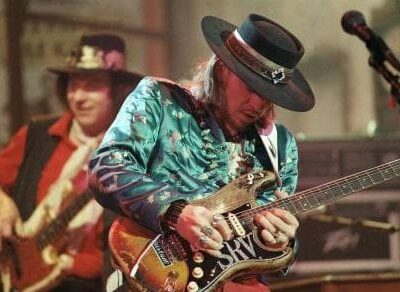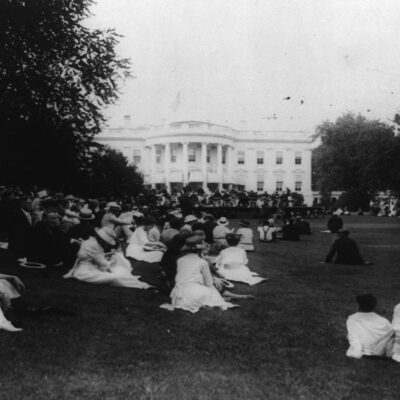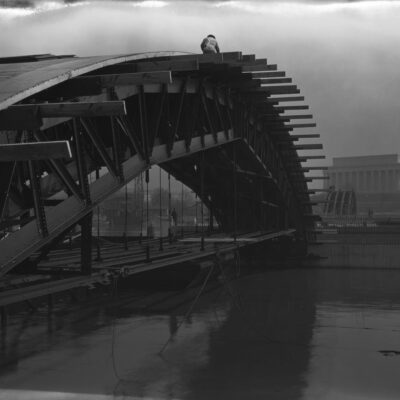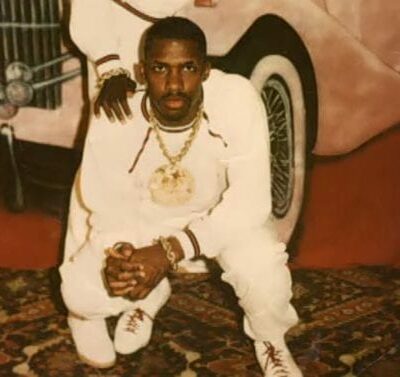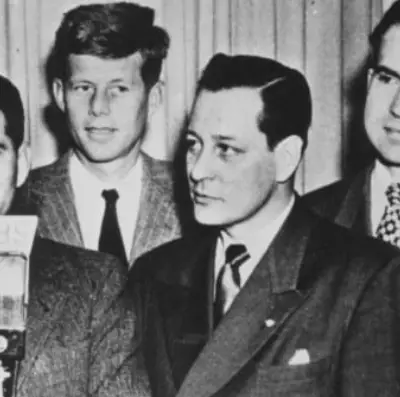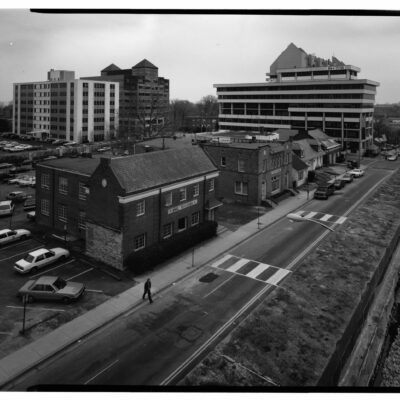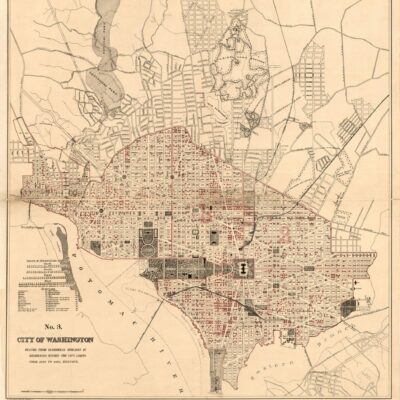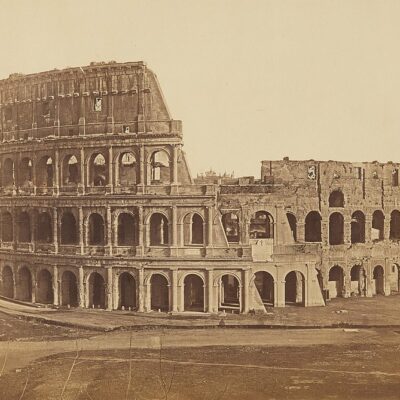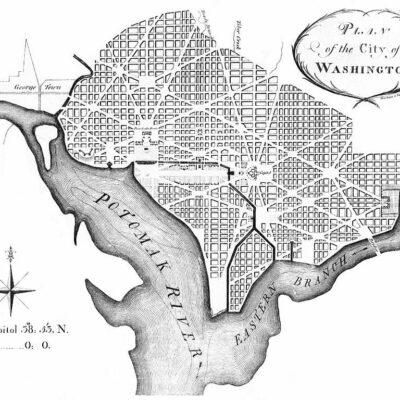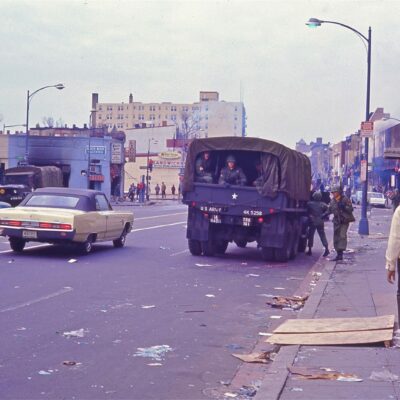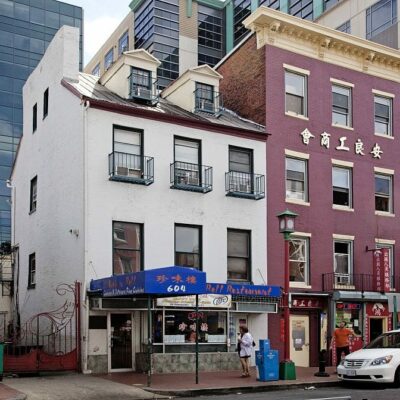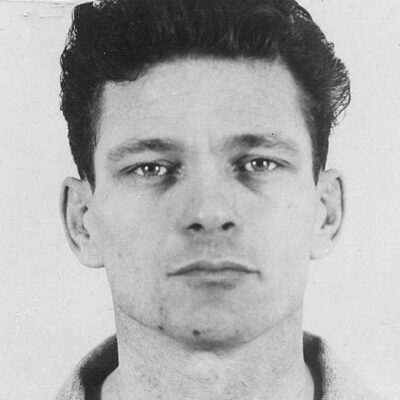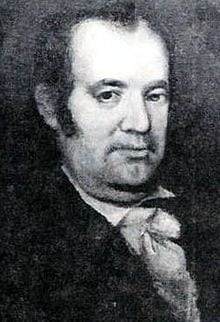
Most people don’t know this, but prior to home rule in 1973, Washington did have mayors, the first of whom was Robert Brent.
Brent was part of the Carroll family of Maryland — a prominent catholic family that gave much of the land incorporated into the District — and friend of Thomas Jefferson.
In 1802, Congress abolished the Board of Commissioners overseeing Washington and incorporated Washington City as a municipality on the same legal footing as Georgetown and Alexandria. The act passed both the House and Senate, being signed into law by President Jefferson on May 3rd, 1802.
Washington to have a new mayor
Under the new charter, Washington was to have a mayor, appointed by the President of the United States and a city council elected by the people (free white male inhabitants of full age who had resided 12 months or more in the city and paid full taxes the prior year). The council was composed of two odd-numbered chambers, seven members in the first and five in the second chamber.
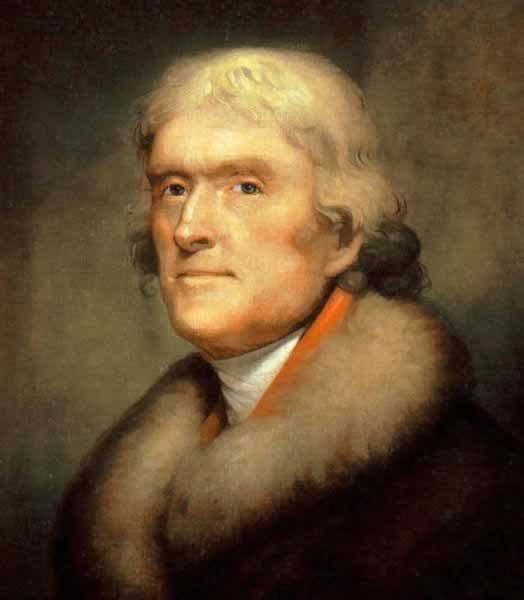
Jefferson appointed his friend Robert Brent, a fellow Virginian. On Monday, June 7th, 1802, the election for city council was held with twelve men being selected for the two chambers.
In the early days of Washington, the President had authority and influence over all matters and the lines between state, congressional, executive and municipal jurisdictions were still being defined. Jefferson was involved in issues of national importance to granting liquor licenses in the District. Brent’s job as the inaugural mayor was to build a municipal government to oversee the city, a job he accepted, refusing a salary.
Regulating the size of bricks
One of the first acts passed by the new city council was in October of 1802, regulating the size of bricks. The new law stated that after January of the following year, all bricks sold in the city should be eight and three-quarter inches long, four and one-fourth inches wide. Any brick not conforming to this regulation would result in a fine of $1 for every one thousand made, sold or offered for sale.
I came across an interesting letter from Thomas Jefferson to Brent on March 10th, 1807. It refers to a request for appropriations of funds to improve roads in the District.
SIR,–I have received your letter of yesterday, asking the application of a part of a late appropriation of Congress, to certain avenues and roads in this place.
The only appropriation ever before made by Congress to an object of this nature, was “to the public buildings and the highways between them.” This ground was deliberately taken, and I accordingly restrained the application of the money to the avenue between the Capitol and the Executive buildings, and the roads round the two squares.
The last appropriation was in terms much more lax, to wit, “for avenues and roads in the District of Columbia.” This, indeed, would take in a large field, but besides that we cannot suppose Congress intended to tax the people of the United States at large, for all the avenues in Washington and roads in Columbia; we know the fact to have been that the expression was strongly objected to, and was saved merely from a want of time to discuss, (the last day of the session,) and the fear of losing the whole bill. but the sum appropriated (three thousand dollars) shows they did not mean it for so large a field; for by the time the Pennsylvania avenue, between the two houses, is widened, newly gravelled, planted, brick tunnels instead of wood, the roads round the squares put in order, and that in the south front of the war office dug down to its proper level, there will be no more of the three thousand dollars left than will be wanting for constant repairs. With this view of the just and probably intention of the legislature, I shall not think myself authorized to take advantage of a lax expression, forced on by circumstances, to carry the execution of the law into a region of expense which would merit great consideration before they should embark in it. Accept my friendly salutations, and assurances of great esteem and respect.
-ad 199-
The second mayor is appointed
Brent served until June of 1811, when he declined to continue serving as mayor of Washington. On Monday, June 3rd, 1811, President James Madison appointed Daniel Rapine to the position of mayor.
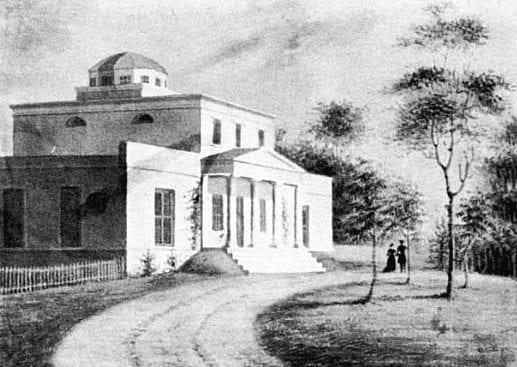
He was a major land-owner in the area and had his home at what is now 12th St. and Maryland Ave. SW. In 1817, he built Brentwood Mansion in Washington County, having it designed by one of the Capitol’s architects, Benjamin Latrobe. The site is now part of Gallaudet University at 6th and Florida Ave. NE. The D.C. neighborhood of Brentwood takes its name from Robert Brent and his mansion.
Sadly, Robert never had a chance to live out his years at Brentwood. He was partially paralyzed by a stroke and died in September of 1819 at the age of 55.
